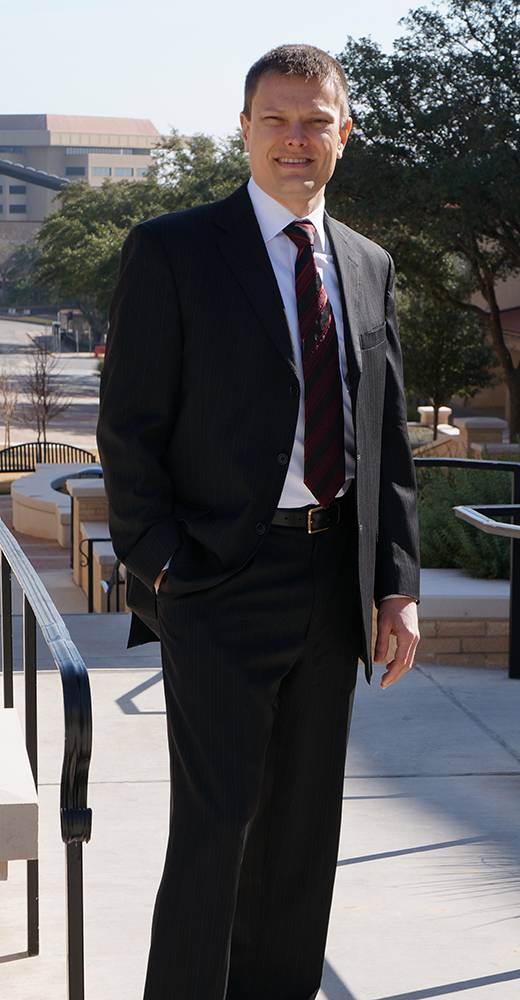
Professor of Instruction
Office: TMH-03
Email: bg30@txstate.edu
Phone: 512.245.2772
Educational Background
Ph.D. - University of Texas at Austin
M.Phil. - University of Cambridge
B.A. - Lake Forest College
Dr. Bryan Glass serves as a Professor of Instruction in the Department of History at Texas State University. Before joining Texas State in 2012, Dr. Glass completed his PhD at the University of Texas at Austin, his MPhil at the University of Cambridge, and his BA with Honors from Lake Forest College where he was elected to Phi Beta Kappa.
Dr. Glass is an accomplished scholar, having published numerous books and articles about Scotland and the end of the British Empire. He is also an award-winning teacher. During his tenure at Texas State, Dr. Glass has won ten teaching awards and recognitions. He credits this success to the wonderful teachers and mentors he has had, beginning with his undergraduate days at Lake Forest College. There, he was inspired to think critically and ask difficult questions about the world in which we live. The incomparable liberal arts education Dr. Glass received motivated him to provide the same level of teaching excellence to his students at Texas State.
Dr. Glass was born in Columbus, Ohio and moved to Chicago when he was 6 after his father, a pilot for Abbott Laboratories, was transferred. After graduating from high school, he fulfilled a childhood entrepreneurial dream to own and operate a business. He learned a lot of very important lessons as the owner of a gym at the ripe old age of 18! After a year of being his own boss, Dr. Glass sold the gym and enrolled in college.
At Lake Forest College, he was afforded the opportunity to spend a semester studying abroad in London. This was an eye-opening experience. First, he had his initial taste of living and learning in a foreign country, which changed his life’s trajectory and turned him into the British, European, and world historian he is today. Moreover, when studying abroad, he fell gravely ill with what would be diagnosed as type 1 diabetes at St. Mary’s Hospital in London. An avid fitness enthusiast, Dr. Glass worked diligently to gain control over the disease even when the insulin, its delivery system, and monitoring mechanisms were downright medieval compared to what is available today. Managing this life-threatening illness gave him the discipline necessary for all aspects of his life, not least of which would be his foray into academia.
Following completion of his MPhil in European Studies at the University of Cambridge, Dr. Glass enrolled at the University of Texas at Austin. The University of Texas at Austin, at the time, housed many of the world’s foremost British and British Imperial scholars, including A. G. Hopkins, Wm. Roger Louis, Gail Minault, and Brian Levack. Encouraged by these goliaths in the field, he founded The British Scholar Society and its Britain and the World journal and book series as a graduate student. He has always styled himself an academic entrepreneur, and the building of communities is a particular passion. Britain and the World is one of the largest academic communities dedicated to the study of British history. With its annual conference, Britain and the World attracts more than 150 scholars each year from six continents and dozens of academic institutions.
At Texas State, Dr. Glass continued his passion for bringing people together when he was made the Faculty Coordinator for the Living-Learning Communities and tasked with increasing enrollment. In four years, he almost doubled enrollment from 500 students to more than 900. Living-Learning Communities are a key component to first-year student success and retention. They create a tight-knit community that enables freshmen to interact with their peers and professors on a closer basis than what is normally the case at a large institution like Texas State.
In addition, Dr. Glass serves as the Historian of the Phi Beta Kappa Nu Chapter of Texas. In this role, he helps coordinate the annual induction of new students, records the history of the chapter, and upholds and transmits the traditions of the Phi Beta Kappa Society to all members on campus. Being made a member of Phi Beta Kappa as a senior at Lake Forest College is one of his proudest achievements, and he revels in the opportunity to pass along the wonderful history of this august institution to those who have worked so hard to achieve this singular honor.
Finally, Dr. Glass works on recruiting History majors and minors as a member of his department’s Outreach and Recruitment Committee. Whether it is at Bobcat Days, talking to prospective students and their parents, or delivering truncated history lectures at Accepted Students Day, Dr. Glass is always out and about on campus representing the department and the university with pride as he strives to build communities that enhance student success.
Publications
The Scottish Nation at Empire’s End (Palgrave Macmillan, Publication Date: June 2014)
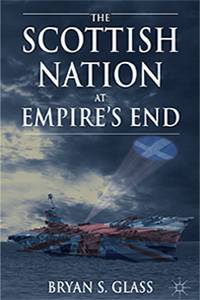 The rise and fall of the British Empire profoundly shaped the history of modern Scotland and the identity of its people. From the Act of Union in 1707 to the dramatic fall of the British Empire following the Second World War, Scotland’s involvement in commerce, missionary activity, cultural dissemination, emigration, and political action could not be dissociated from British overseas endeavors. In fact, Scottish national pride and identity were closely associated with the benefits bestowed on this small nation through its access to the British Empire. By examining the opinions of Scots towards the empire from numerous professional and personal backgrounds, Scotland emerges as a nation inextricably linked to the British Empire. Whether Scots categorized themselves as proponents, opponents, or victims of empire, one conclusion is clear: they maintained an abiding interest in the empire even as it rapidly disintegrated during the twenty-year period following the Second World War. In turn, the end of the British Empire coincided with the rise of Scottish nationalism and calls for Scotland to extricate itself from the Union. Decolonization had a major impact on Scottish political consciousness in the years that followed 1965, and the implications for the sustainability of the British state are still unfolding today.
The rise and fall of the British Empire profoundly shaped the history of modern Scotland and the identity of its people. From the Act of Union in 1707 to the dramatic fall of the British Empire following the Second World War, Scotland’s involvement in commerce, missionary activity, cultural dissemination, emigration, and political action could not be dissociated from British overseas endeavors. In fact, Scottish national pride and identity were closely associated with the benefits bestowed on this small nation through its access to the British Empire. By examining the opinions of Scots towards the empire from numerous professional and personal backgrounds, Scotland emerges as a nation inextricably linked to the British Empire. Whether Scots categorized themselves as proponents, opponents, or victims of empire, one conclusion is clear: they maintained an abiding interest in the empire even as it rapidly disintegrated during the twenty-year period following the Second World War. In turn, the end of the British Empire coincided with the rise of Scottish nationalism and calls for Scotland to extricate itself from the Union. Decolonization had a major impact on Scottish political consciousness in the years that followed 1965, and the implications for the sustainability of the British state are still unfolding today.
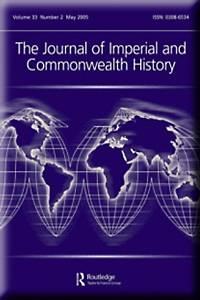 Article
Article
“Protection from the British Empire?: Central Africa and the Church of Scotland,” Journal of Imperial and Commonwealth History, vol. 41, no. 3 (2013): 475-495
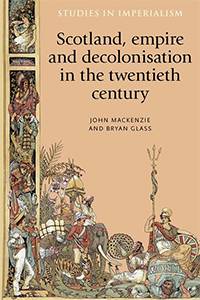 Edited Collection
Edited Collection
Scotland, Empire and Decolonisation in the Twentieth Century, edited with John M. MacKenzie (Manchester University Press, 2015)
Affiliations

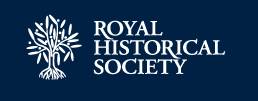
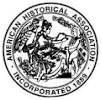
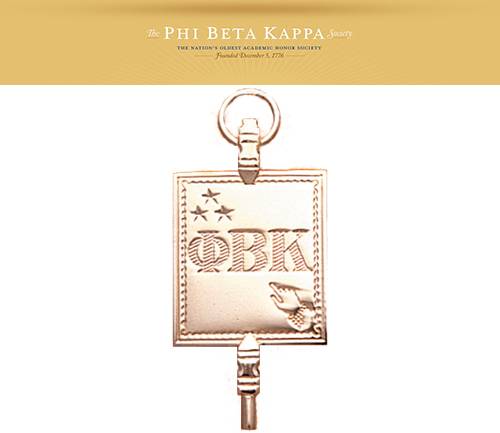
Courses Taught
HIST 1310 | US History to 1877
A general survey of the history of the United States from its settlement to the end of Reconstruction.
HIST 2310 | Western Civilization to 1715
A general survey of western civilization from earliest times to the end of the 17th century.
HIST 2320 | Western Civilization, 1715 to Date
A general survey of world civilization from the 17th Century to the present.
HIST 4318S | Britain and the World:
From the seventeenth century onward, the histories of Britain and the world became increasingly intertwined. Yet mainstream British history still neglects the world’s influence upon domestic developments, and British overseas history remains largely confined to the study of the British Empire. This course takes a broader approach, investigating Britain’s interactions with the wider world from 1688 to the present.
HIST 4350S | Piracy through the Ages
An activity based on greed, and sometimes survival, piracy has existed since humans took to the seas. This course investigates the global history of piracy beginning with the Vikings. The history of piracy in the Caribbean, Asia, and the Mediterranean is covered and compared to the piracy of today.
HIST 4350Q | Pirates of the Mediterranean
This special-topics course explores the history and culture of smugglers in the eighteenth-century Mediterranean, and the challenges they posed for states' interests in the region. Emphasis is placed on eighteenth-century US diplomatic relations with the Barbary states.
